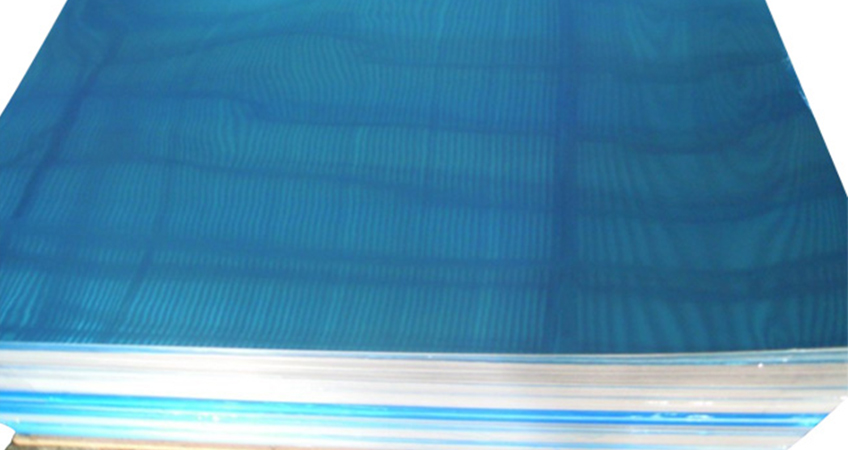Process Control of Aluminum Mirror Sheet
August 9, 2018
The manufacturing of aluminum mirror sheets requires a series of processes like electronic polishing, water washing and oxidation treatment etc, which entails corresponding process controls to guarantee quality and avoid waste.

The sulfuric acid concentration should be controlled within 2%. The number of dosing times should be decided in accordance with specific needs. Appropriate content of sulfuric acid can improve the polishing clarity and then brightness of the surface. In the polishing process of reflective aluminum mirror sheets, the emergence of bubbles tend to produce corrosive strips and spots that have difficulty in diffusing into the bath liquid during the next electronic polishing process. In other words, the strips and spots tend to remain on the surface of finished mirror finish anodized aluminum sheets. Therefore, sulfuric acid concentration must be kept under strict control. In addition, the concentration should also be controlled according to the face area of the sheets as well as the voltage and specific content of the liquid. This will naturally help to avoid the acid problem and enhance the polishing speed and effect.
Normal micro scales in process control of aluminum mirror sheets need to be given better yield in order to maintain normal composition. Excessive content of a certain element can flow into following processes in water washing. This is likely to cause cross-contamination, affect production and influence the final control effect. As for temperature control, the best way proves to be automatic adjustment. It will avoid insulation and safety problems like excessive sealing. At the same time close attention should be paid to the fluorine content and proportion.


 Nydia
Nydia
 Sales Manager
Sales Manager